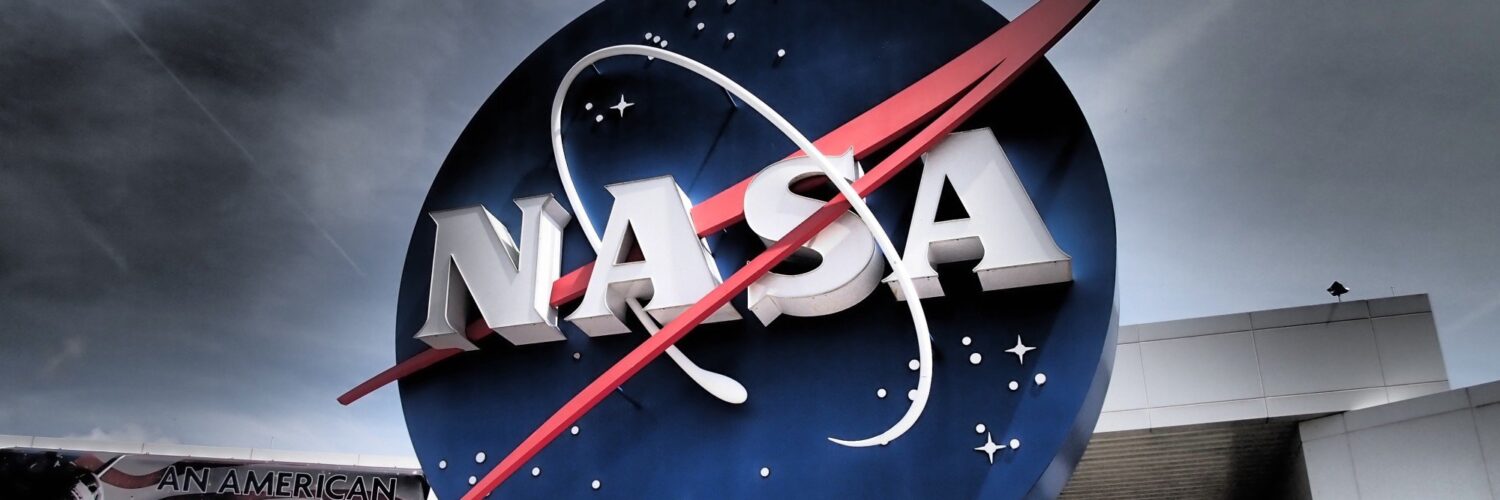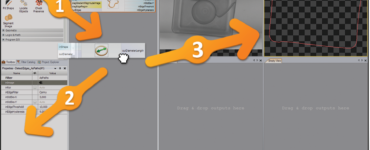The International Space Station has been continuously occupied since November 2000, and there’s always a crew of seven people up there. Isn’t it wild that there are people constantly up in space, doing spacewalks and looking down at our planet?
Space shuttle launches don’t happen all too often though, so you may have lots of questions surrounding these amazing occurrences.
For example, what’s a mission flight specialist? And what do these people do?
Read on to expand your knowledge of space and make it less of a mystery.
What’s a Mission Flight Specialist?
A mission flight specialist is someone who assists with human spaceflight missions. They’re NASA employees who are highly trained and experienced, which makes them invaluable crew members.
Their main responsibility is to ensure that everyone’s safe during the mission. In addition, they oversee operations to make sure that they’re efficient, and they also assist both astronauts and mission controllers.
What Does a Mission Flight Specialist Do?
A NASA mission flight specialist must first go through training before going to space. As you might already know, the conditions up in space are unfamiliar, and can be uncomfortable and difficult. This means that mission flight specialists (and other members of the crew) must undergo training that includes physical fitness, emergency procedures, spacecraft systems, and simulations of mission scenarios.
Below are the key duties and responsibilities that a mission flight specialist has.
Cross-Training
On top of their specialized training, these people do cross-training as well. This means that they gain knowledge in multiple disciplines.
As a result, mission flight specialists are versatile. They’re capable of handling various tasks during a mission.
Crew Support
While on a space mission, mission flight specialists give direct support to astronauts. The areas of support include:
- Life support systems
- Spacecraft systems
- Payload operations
In many cases, the tasks they have to assist with require specialized knowledge or skills. This means that mission flight specialists will go through training before their mission to ensure they give the best support possible.
Payload Operations
Mission flight specialists may be responsible for operating and managing space experiments or equipment. Duties here for the scientific instruments and experiments include:
- Setup
- Maintenance
- Troubleshooting
Data Collection
Not only do these specialists operate and manage experiments, but they may also collect data from them.
That’s not all though. These experts collect data for other things too, such as spacecraft performance and crew health.
The data collected is often essential for mission success and scientific research. So the information they provide is of the utmost importance.
Spacewalk Assistance
Not every mission will require spacewalks. However, if they do, then the mission flight specialist will provide assistance here. They’re involved in both preparing and conducting the spacewalks.
Before the astronauts head out, the mission flight specialists will help with donning the space suits. When they go on the spacewalks, then the specialists will ensure their safety. Upon returning, they’ll help with doffing the suits.
Emergency Response
On every mission, there’s the risk of unexpected events happening. These can be either emergencies or technical malfunctions.
Mission flight specialists are trained to respond quickly and effectively to anything thrown their way. They can assist with problem-solving and implementing emergency procedures.
These are the people you can count on to keep you safe on a mission.
Communication
You can think of the mission flight specialist as a liaison. They’re the crucial link between the spacecraft and mission control on Earth.
These experts will relay information and commands. More importantly, they’ll help ensure effective communication between the crew and ground control.
Team Collaboration
Great teamwork is a must for these specialists. As we’ve just stated, they’re the link between those on the ground and those in space. Without collaboration skills, things can quickly fall apart.
These specialists work closely with astronauts, mission controllers, and other specialists to ensure the smooth operation of the mission. A good marriage of effective teamwork and communication are essential.
Post-Mission Analysis
When the mission is over, mission flight specialists usually participate in the analysis of mission data and findings.
Yes, it’s vital to go over what the mission achieved and what data was collected. But post-mission analyses can help future endeavors.
Mission flight specialists contribute to debriefings. Plus, they perform evaluations to improve future missions.
How to Become a Mission Flight Specialist
Does this job sound interesting to you? Then you might be wondering how to become a mission flight specialist.
First of all, you’ll need a bachelor’s degree in one of these fields:
- Biological science
- Physical science
- Engineering
- Aviation
- Computers
- Math
On top of that, you’ll need three years of post-graduate experience. If you don’t have that, you can supplement that with 1,000 hours as a jet pilot. You’ll typically need a pilot’s license too.
With all these things under your belt, you can then apply to become a mission flight specialist. If you’re accepted, then NASA will provide all the necessary training for you to go to space. You can make anywhere between $80,000 to $120,000 a year.
While most specialists work for NASA, you’re not restricted to only this organization. You can stay relatively close to the ground by working with humanitarian organizations or the government on relief missions.
To learn more about being a mission flight specialist, other roles, and space, consider attending the Space Symposium. It’ll give you more insight into what it takes to be an astronaut and what types of missions you’ll go on.
Exploring the Vastness of Space
We’ve got a good grasp on what life is like on Earth, so it was only natural for us to look to the stars. While space exploration is still in its early stages, we’re making leaps and bounds every day. And there’s no denying that we’ll make exciting discoveries in the near future.
So, if you want to be a part of that, then consider becoming a mission flight specialist, especially if you have great communication and teamwork skills. You just might play an important role in groundbreaking missions!
To keep reading about science, browse the rest of our blog page now.










